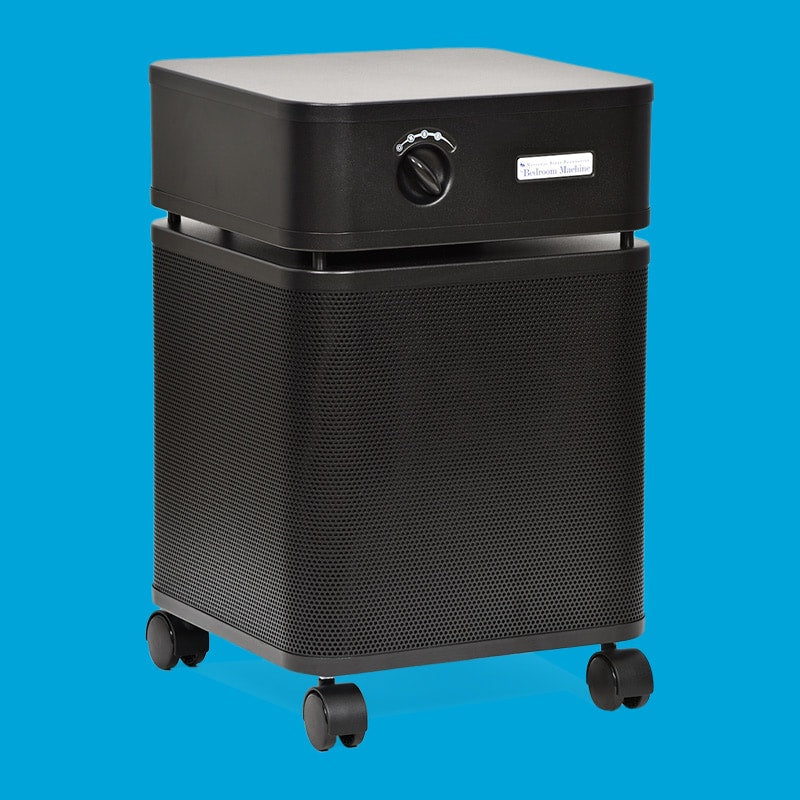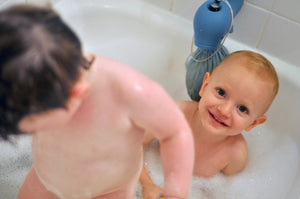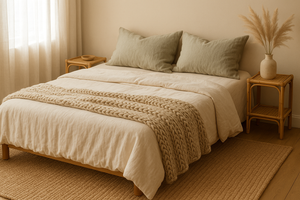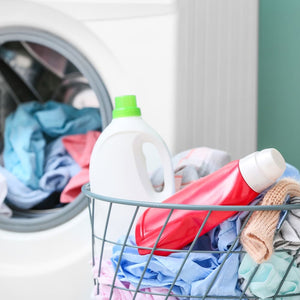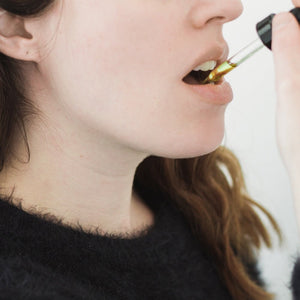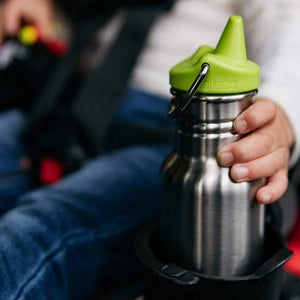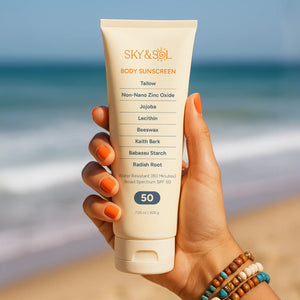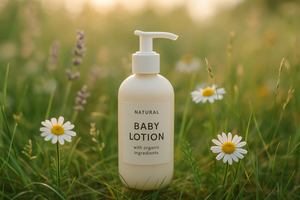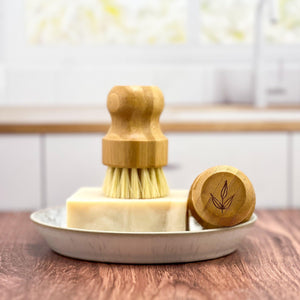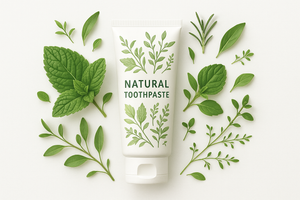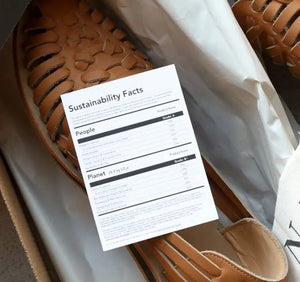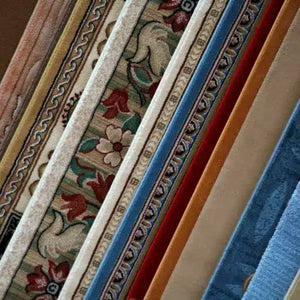The Best Air Filters for Wildfires
Experts recommend electronic air filters to mitigate the impact of wildfires on indoor air quality. These filters are designed to remove fine particulate matter, smoke, and other airborne pollutants from the air.
Electronic air filters have a higher efficiency in removing fine particulate matter, and we recommend the Austin Healthmate Plus. This model includes a layer of 60 square feet of certified HEPA to remove 99.97% of all particles larger than 0.3 microns, including particulates from wildfires. The Healthmate Plus also filters viruses, bacteria, VOCS, and odors, as well as particles easily seen by the naked eye (e.g.dust, hair, and pet dander) and smaller particles (e.g. molds, spores, and pollen).
The Best Air Filters the Coronavirus & Other Viruses
In addition to their other benefits, HEPA filters can remove bacteria and viruses from the air. Whenever someone in our home is sick, I run our filters with hopes of keeping the rest of us well. Experts agreed that this was a key strategy in fighting the spread of COVID-19.
Austin air filters contain true medical grade HEPA that removes 99.97% of all particles larger than 0.3 microns and 95% of all particles larger than 0.1 microns. Scientists say that the size of the coronavirus is .125 microns, so yes, these filters will capture the virus. Moreover, experts say that the droplets the virus travels in measure at least 1 micron, which is easily captured by a HEPA filter.
In addition, there is apparently a link between living in areas with poor air quality and experiencing severe COVID-19 symptoms.
How to Clean Indoor Air
The good news is that there are ways to clean the air of a range of contaminants.
Here are four ways to clean up the indoor air:
- Throw open your windows when the weather permits; even in cities, outdoor air is usually better than indoor. (Obviously, this is not true during wildfire seasons.)
- Purchase some charcoal air purifiers, which clear everything from odors to VOCs.
- Stock up on houseplants, which both absorb airborne toxins and generate clean oxygen, making them a great passive air filter.
- Invest in 100% wool rugs for your floors, as wool naturally absorbs VOCs.
Austin Air Vs. AirDoctor
AirDoctor filters are also great. We lean towards Austin mostly because of the cost, as you can see here.

Please ask your questions about air filters below.
Stay sane!

John, Certified Holistic Health Coach
Note: This article contains affiliate links or sponsored content, which means that if you make a purchase, we may earn a commission. We only recommend products that meet our strict standards for non-toxicity and that we use (or want to use!) ourselves. Thank you so much for supporting the brands that make Good Stuff!
Tags:guide,
Water & Air Filtration

